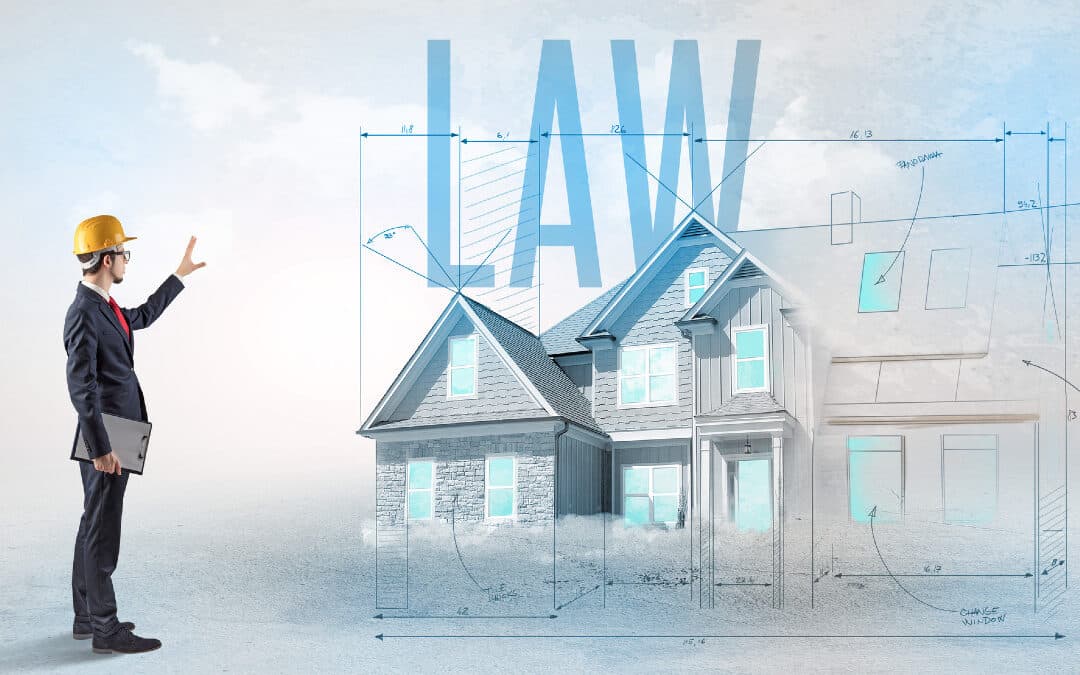In our September 8, 2021 article (found here), we touched upon the requirements for home improvement contracts in Connecticut under the Home Improvement Act (“HIA”).[1] I can tell you from my own experience that the number of home improvement contractors who refuse to comply with the HIA requirements is surprisingly high, given the consequences for noncompliance.
A contractor that violates the HIA, cannot enforce the contract and is prevented from recovering on any other legal theory.[2] In addition, the violating contractor is subject to penalties, and money damages.
In Connecticut, failure to comply with the HIA contract requirements is, by itself, a violation of the Connecticut Unfair Trade Practices Act (“CUTPA”).[3] CUTPA prohibits unfair or deceptive acts or practices in any trade or commerce. Any person who suffers a loss of money or property due to the use or employment of a method, action or practice prohibited by CUTPA, may sue to recover damages. The homeowners must prove that they have suffered a loss from the unfair or deceptive practice to recover damages under CUTPA.[4]
One last point for contractors, the courts will consider issuing awards of punitive damages and attorneys’ fees to the homeowner even without actual damages.[5]
At Yoars Law, we focus on being proactive legal advisors for our construction clients, guiding them through complex legal issues as they arise, including drafting and reviewing contracts. We also provide transparent and predictable legal fees so our clients can consistently manage their budgets.
[1] Conn. Gen. Stat. § 20-429(a). HIA applies not only to contractors performing building services, but also to contractors providing other home improvement services such as painting and landscaping.
[2] See DeOliveira v. Illescas, No. CV010811770, 2005 Conn. Super. LEXIS 1235 (Super. Ct. Apr. 10, 2005).
[3] Conn. Gen. Stat. §§ 42-110a et seq.; Conn. Gen. Stat, § 20-427(c); see Meagher v. Diacri, Docket No. CV065000994S, 2008 Conn. Super. LEXIS 3196, *38-39 (Super. Dec. 8, 2008).
[4] See Pointe Residential Builders BH, LLC v. TMP Constr. Grp., LLC, No. FSTCV186037047, 2020 Conn. Super. LEXIS 249 (Super. Ct. Feb. 18, 2020).
[5] Lester v. Tamayo, No. TTDCV196017820S, 2020 Conn. Super. LEXIS 1452, at *19-20 (Super. Ct. Nov. 16, 2020).

